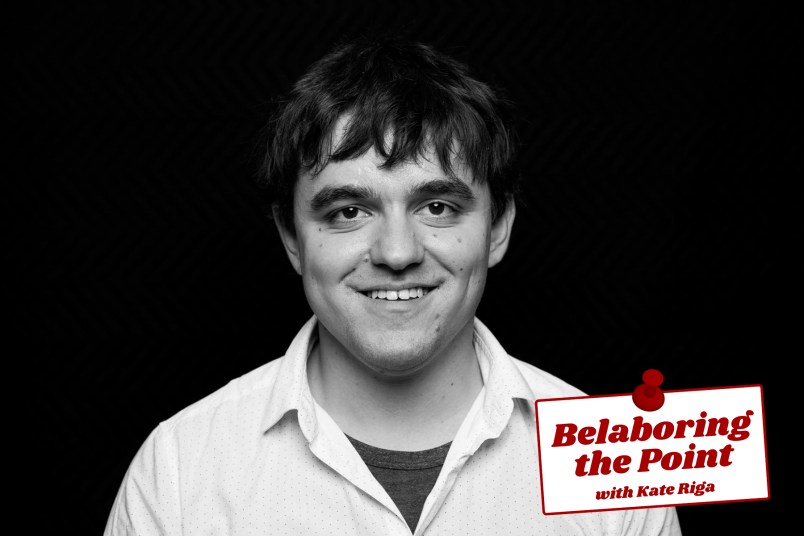One of the nice things about having a blog is the ability to expand on points you’ve made in a more formally structured article or column. So let me expand a bit on my column in the current edition of The Hill. The piece says that we’re missing a key point about what made the democratic transformations of Japan and Germany successful: the vast mauling of the civilian populations that took place prior to the war.
Now, let me touch on a few points. A few people seem to think I’m saying we should kill more Iraqis in order to get good democracies. I think it’s pretty obvious that’s not what I’m saying. A few other folks seemed to think I was arguing that suffering under carpet bombing somehow inculcates a democratic, pluralistic sensibility. Thus one reader tried to disprove my point by noting that Eastern Europe’s civilian population had it even worse than most parts of Germany and they ended up being run by Communist dictatorships. Not what I mean. Yet another idea was that I was saying that too many of the militarists were dead to reconstitute themselves. Again, not what I’m saying.
In any case, this column seems to have generated a lot of attention, so let me say a little more …
What got me thinking about this was actually a section of my dissertation, or rather an argument that runs all the way through it. That is, the conditioning effect both of overwhelming violence and also violence used as a weapon of terror. What happened back in New England back in 17th century is obviously very far afield from what we’re talking about today. Equally so, from what happened in Germany and Japan sixty years ago. Still, there are parallels. Just as shattering violence affects people, it affects whole peoples, busting up the basic assumptions and givens in a society that usually prevent thoroughgoing change.
We normally think of people reacting to violence in a rational manner. So, for instance, when you hit them they either hit back or decide you’re too strong and just decide to obey. But certain experiences of violence are so total that the reaction transcends either of these ‘rational’ reactions. It leads to something more like, well … shock and awe. And not just for a few moments or a few days.
There’s an additional point we might add. In a very general sense we can say that the wartime governments in both Germany and Japan were run by dominant but not-previously-unchallenged factions in these countries’ political orders. Basically, in each case, the authoritarian, aggressively militarist parts of the country were in the saddle. The Nazis certainly cannot be equated with Germany’s older blood-and-iron Bismarckian tradition. But there were deep affinities between the two. And something similar, at least at a very general level, applied in Japan — though I know much less about Japan’s pre-war history.
These forces led both countries to utter ruin. And in both cases, the result was a profound discreditation of those forces in the respective societies, in addition to a profound malleability and openness to transformation. That result, or that perception, was mediated by our subsequent denazification programs and also a degree of moral realization of the evils committed by those regimes.
Those situations are different from Iraq because large segments of the populations of Germany and Japan were deeply supportive of these regimes — at least at the outset — whereas almost no one thinks Saddam Hussein has any real following in Iraq behind his security services and cronies. Whether they want their country remade by us is an open question.
One final point, some people have made the point that the Iraqi people already have lived through a profound mauling, in the form of Saddam’s rule and twelve years of UN sanctions. On Saddam’s rule, there’s no doubt that’s been a horrible mauling. How it will play out in the context of democratization, I’m not sure. As for sanctions, though, I don’t think it counts in this case. My reading of analogous cases tells me that grinding hardship — as opposed to shattering violence — produces rage and resentment rather than the sort of transformative openness to change you had in post-war Germany and Japan.
We’ll talk more about this later.






